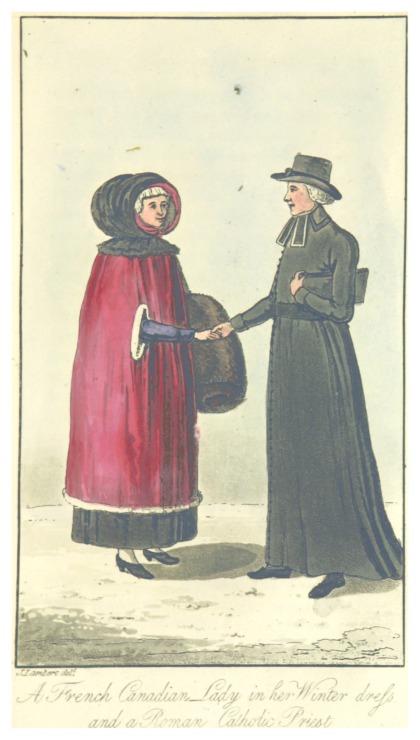The Ballad of Father O’Hart
Good Father John O’Hart
In penal days rode out
To a shoneen who had free lands
And his own snipe and trout.
In trust took he John’s lands;
Sleiveens were all his race;
And he gave them as dowers to his daughters,
And they married beyond their place.
But Father John went up,
And Father John went down;
And he wore small holes in his shoes,
And he wore large holes in his gown.
All loved him, only the shoneen,
Whom the devils have by the hair,
From the wives, and the cats, and the children,
To the birds in the white of the air.
The birds, for he opened their cages
As he went up and down;
And he said with a smile, “Have peace now”;
And he went his way with a frown.
But if when any one died
Came keeners hoarser than rooks,
He bade them give over their keening;
For he was a man of books.
And these were the works of John,
When weeping score by score,
People came into Coloony;
For he’d died at ninety-four.
There was no human keening;
The birds from Knocknarea
And the world round Knocknashee
Came keening in that day.
The young birds and old birds
Came flying, heavy and sad;
Keening in from Tiraragh,
Keening from Ballinafad;
Keening from Inishmurray,
Nor stayed for bite or sup;
This way were all reproved
Who dig old customs up.
-WB Yeats
Enjoy Artistic Representations of “The Ballad of Father O’Hart” by WB Yeats

Henry Edward Manning by George Frederic Watts, 1882.

A French Canadian woman in her winter dress and a Roman Catholic Priest by John Lambert, 1816.
Listen to these Readings of “The Ballad of Father O’Hart”
Listen to this Musical Interpretation of “The Ballad of Father O’Hart” by WB Yeats
About W.B. Yeats
William Butler Yeats was born in 1865 in Dublin into a family of the Protestant Anglo-Irish landowning class. He lived in Dublin and London during his growing up years. He was very much affected by the politics of the time, as he was a young adult when the protestant minority in power began to be displaced by the predominantly Catholic nationalist movement.
Yeats studied law for a time but eventually moved to London to study art. He was an accomplished playwright, and a founder of the Irish Theatre which was later to become the Abbey Theatre. While he is better known for his poetry, Yeats was awarded the Nobel Prize for Literature in 1923 more for his theatrical works than his verse. He was the first Irishman to be awarded the prize.
His first collection of poems was published in 1889, and there is strong evidence of the influence of Edmund Spenser and Percy Bysshe Shelley. Later, his poetry became more rooted in realism and the physical, with influence of Ezra Pound and William Blake apparent. Common themes in his poetry include mysticism, spiritualism, the occult and Irish identity and nationalism.
Yeats was appointed to the Irish senate in 1922. He was married, but had an ongoing relationship of sorts with a former love, Irish activist and revolutionary Maud Gonne. Known as one of the greatest poets of the 20th century, Yeats died in 1939.
That’s it for The Ballad of Father O’Hart!
BUY ‘HOW TO WRITE A FORM POEM’ NOW!
